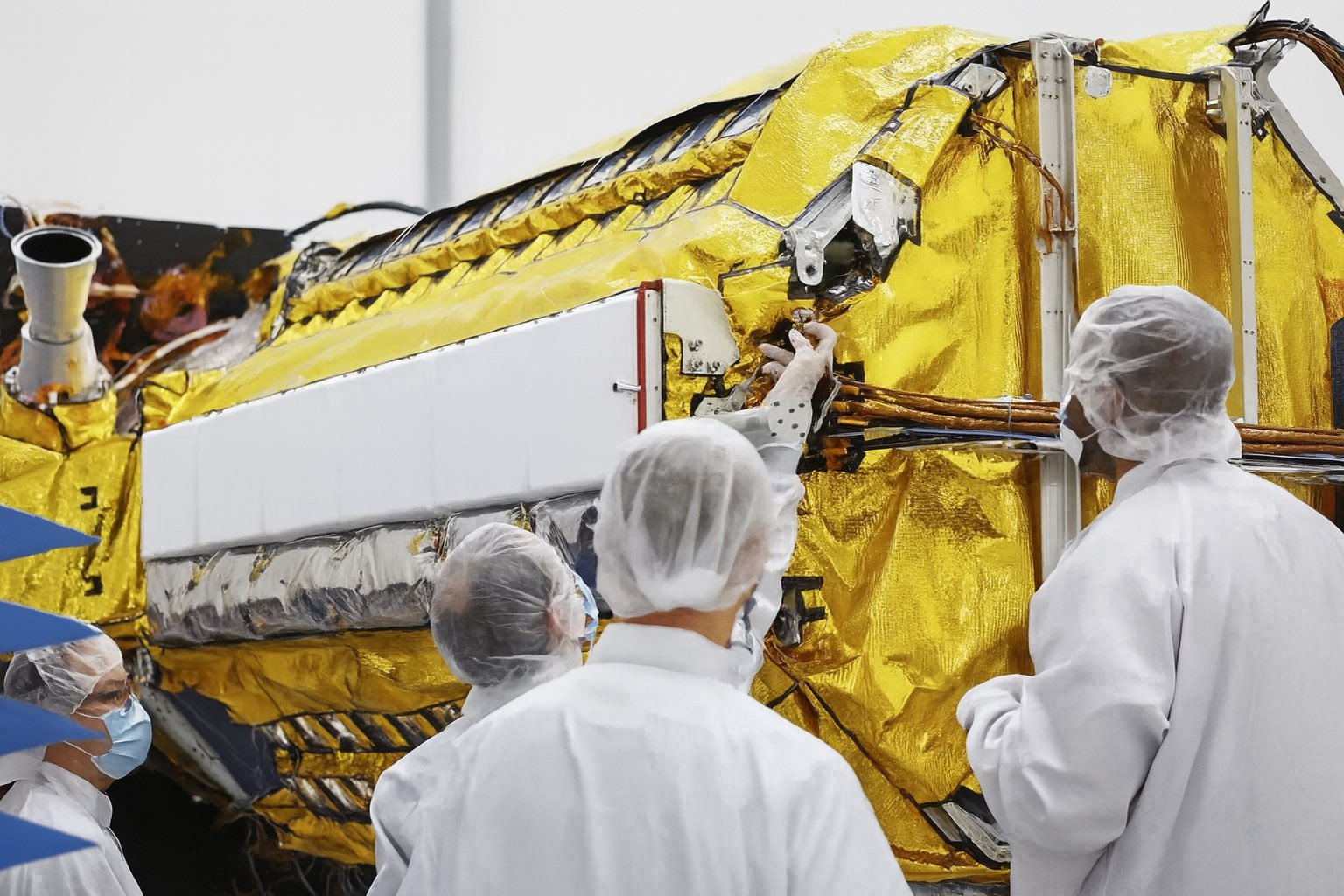Amazon is actively promoting its own satellite communications project, Project Kuiper, which will start providing Internet services in five countries by the end of the first quarter of 2026: the United States, Canada, France, Germany and the United Kingdom. This will be the first stage of the company's large-scale entry into the low-orbit satellite communications market, which is currently dominated by Starlink.
According to the company, by the end of this year, the Kuiper orbital constellation will have more than 200 satellites. The first commercial connections are planned at the end of the year, although the order of development of the regions is not specified. Further expansion of the infrastructure provides for an increase in the number of satellites to 3,200 units, which will gradually expand the coverage area.
As early as 2026, Amazon will begin rolling out its network in the southern hemisphere, and by its end, the Internet will be available in 26 countries. In 2027, the coverage area will approach the equator, and by 2028, the company plans to provide global coverage, including the poles and up to 100 countries. This scale implies the formation of one of the world's largest low-orbit satellite communication systems.
Integration of the service into the transport sector will be a key area of focus. So, JetBlue Airways announced plans to start providing passengers with Internet access through the Project Kuiper network in 2027. This solution demonstrates the potential of Amazon satellite communications not only for home and enterprise users, but also for mobile platforms where connection stability is critical.
Project Kuiper should strengthen Amazon's position in the telecommunications sector in the long term, providing the company with access to a highly profitable segment of the global communications market. The combination of technological scale and commercial prospects makes the project one of the most significant players against the background of growing competition in the field of satellite Internet.













